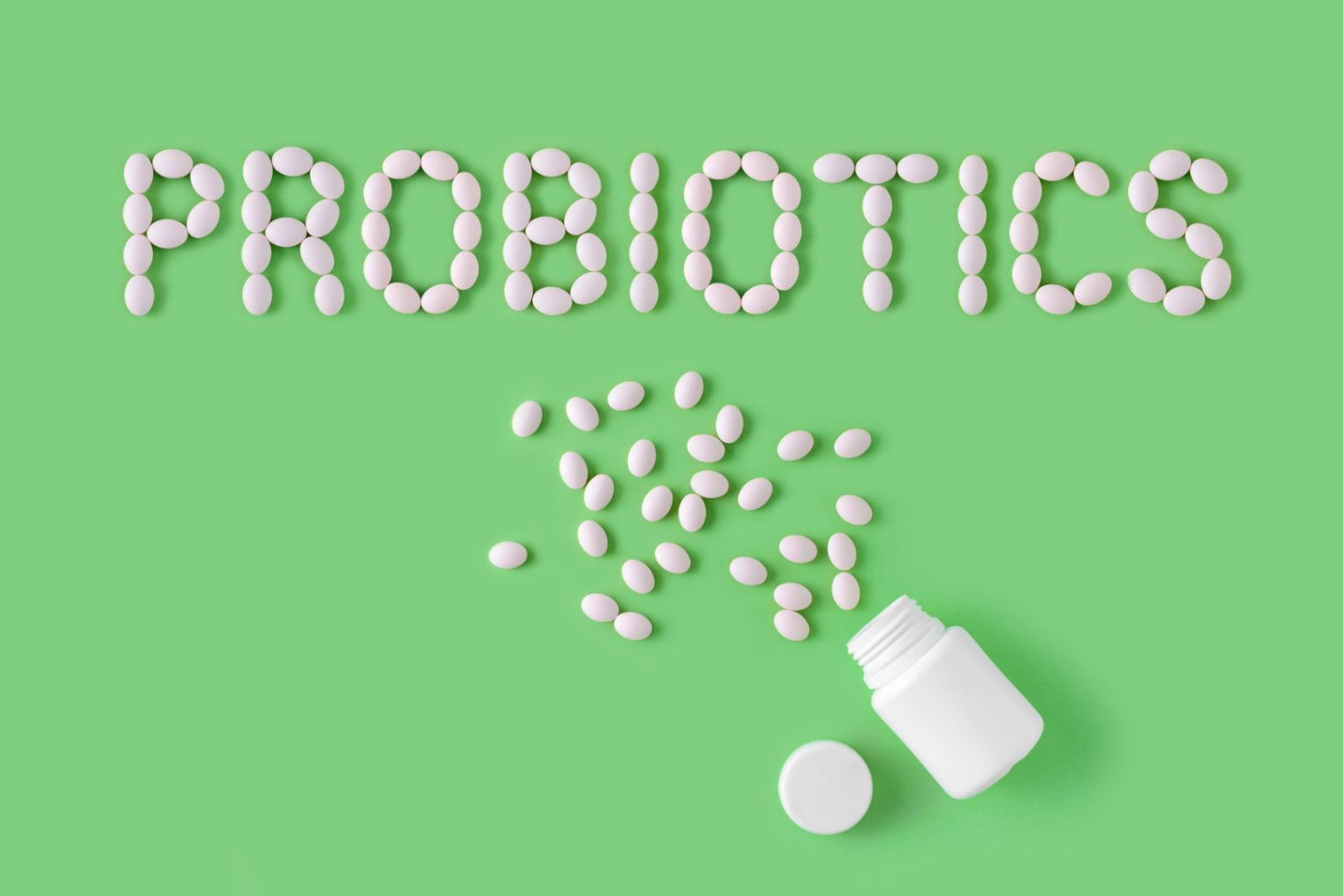
5 timeless habits for better health

What are the symptoms of prostate cancer?

Is your breakfast cereal healthy?

When pain signals an emergency: Symptoms you should never ignore

Does exercise give you energy?

Acupuncture for pain relief: How it works and what to expect

How to avoid jet lag: Tips for staying alert when you travel

Biofeedback therapy: How it works and how it can help relieve pain

Best vitamins and minerals for energy

Should you take probiotics with antibiotics?
Staying Healthy Archive
Articles
Should you take probiotics?
Probiotics can be helpful in some cases, but it's unclear whether they are safe for all older adults.
Building better muscle
Men tend to lose as much as 3% to 5% of their muscle mass per decade after age 30, and the muscle-building hormone testosterone gradually declines after age 40. This makes it harder for men to build and maintain muscle as they age. One solution is a well-designed weight training program. Workouts should focus on all major muscles, but men should pay extra attention to leg muscles, which they rely on more for everyday movements as they age.
Protecting the skin from the sun doesn't increase fracture risk
Protecting the skin from the sun doesn't increase the risk of vitamin D deficiency or bone fracture, according to a recent study.
FTC orders refunds to people who purchased anti-aging products
The Federal Trade Commission called on companies to issue refunds to people who purchased anti-aging products due to unsubstantiated marketing claims.
Can my phone and other devices interfere with my pacemaker?
Certain devices that use magnetic chargers may interfere with cardiac devices such as pacemakers. A doctor should advise people on which ones to avoid or to use caution when operating.
Can I skip colonoscopies after age 75?
Most people don't benefit from colonoscopies after age 75, but before stopping they should have a discussion with their doctor.
Do you need a coronary calcium scan?
A test called a coronary artery calcium (CAC) scan uses a special type of x-ray to look for plaque in the arteries of the heart, which raises the risk of heart-related problems. While CAC scans can be valuable for detecting people at higher risk of heart problems from plaque buildup, this test isn't right for everyone. It's typically most useful for people who don't yet have symptoms of heart disease, but who do have some risk factors. Determining how much plaque is in the arteries can help guide decision making about preventive strategies. The test is less useful for people at very low or very high risk for heart disease.
Dragging your feet? You may need to catch up on sleep
Getting adequate sleep may help improve a person's gait, and catching up on short sleep may help people avoid walking problems usually caused by fatigue.
Two common shoulder injuries and how to avoid them
Two categories of shoulder injuries are particularly common among older adults: rotator cuff injuries and shoulder bone fractures. The key to warding off shoulder injuries is to keep the joints healthy, strong, and flexible. Many of the strategies to do this are the same ones that will reduce fall or fracture risk. Examples include weight-bearing activity, stretching, improving balance, and eating a healthy diet. Other strategies include strengthening the shoulder muscles, stretching the shoulders right before activity that requires shoulder power, and removing fall hazards from the home.
Should you monitor this chronic inflammation marker?
Increasingly, tests that measure C-reactive protein are marketed to health-conscious consumers as a way of determining if they have chronic inflammation. However, the test is just one piece of evidence and should be interpreted by one's doctor. Without that expertise, a customer might not understand what the CRP test result means, and as a result might suffer unnecessary anxiety or pursue unnecessary tests. It's best to talk to one's doctor before seeking tests that measure CRP levels.

5 timeless habits for better health

What are the symptoms of prostate cancer?

Is your breakfast cereal healthy?

When pain signals an emergency: Symptoms you should never ignore

Does exercise give you energy?

Acupuncture for pain relief: How it works and what to expect

How to avoid jet lag: Tips for staying alert when you travel

Biofeedback therapy: How it works and how it can help relieve pain

Best vitamins and minerals for energy

Should you take probiotics with antibiotics?
Free Healthbeat Signup
Get the latest in health news delivered to your inbox!
Sign Up











